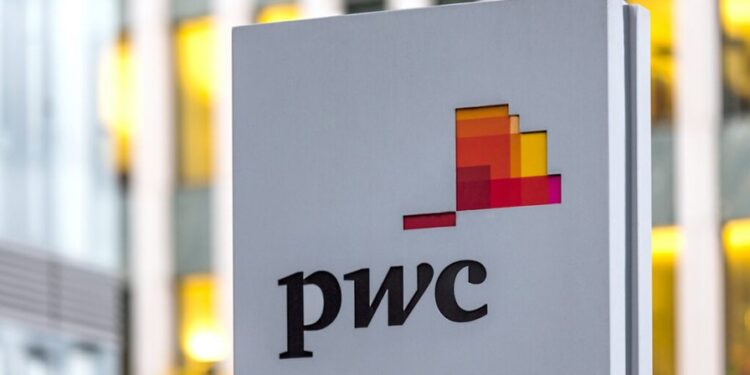A report from PricewaterhouseCoopers International Limited has revealed that the deregulation of all energy points will put pressure on affordability for all Nigerians.
The company stated this in its October 2023 Nigeria Economic Outlook released on October 17.
A part of the outlook stated:
- “Input costs will continue to pass through to consumer prices, further worsening the affordability of goods and services in the economy in the short to medium term.”
Rising costs versus stagnant wages
According to the Outlook, all major energy sources, including kerosene, PMS (petrol), Automotive Gas Oil (diesel), and Liquified Petroleum Gas, have been deregulated by the government, meaning their prices are likely to align with international oil price trends.
So, this adds pressure on real income, given the persistently high inflation rate (26.72% as of September 2023) and stagnant national minimum wage in the short term.
Note that rising input costs, like the 216% year-on-year increase in petrol from January to September, will pass through to consumer prices as it has done in the recent inflation report; food and energy prices are rising astronomically, further straining the affordability of goods and services in the economy.
The PwC Outlook further stated that the energy pressure points are exacerbated by international oil price hikes, squeezing consumers’ purchasing power.
While petroleum product prices might move in the same direction, the price of petrol might not rise in sync with other products due to potential partial subsidy reintroduction to mitigate the impact, especially if the minimum wage remains unchanged and there are no adequate palliative measures for the less privileged.
Transportation and storage context
According to the Outlook, the transportation and storage sector in Nigeria saw a notable contraction due to the removal of the petrol subsidy by the Federal Government, resulting in higher petrol prices.
This led private car owners, particularly those with lower incomes, to shift towards public transportation in order to save on travel costs.
Consequently, transportation fares for local and interstate journeys surged, dissuading many from commuting and affecting both personal and business activities.
The foreign exchange (FX) context
The PwC Outlook noted that the net flow through the Central Bank of Nigeria (CBN) is negative, reflecting the decline in both oil sector receipts and non-oil sector inflows from autonomous sources. Historically, more US dollars entered the market through autonomous sources, peaking at $103 billion in 2013.
The gap between the official and parallel market rates widened significantly in Q1/2016 due to a fall in oil prices to $35/barrel towards the end of February 2016, coupled with naira depreciation in that year.
The Central Bank of Nigeria (CBN) maintained tight control over the official foreign exchange (FX) market, influencing rates through favourable exchange rates and employing sanctions as leverage.
This strategy enabled the financing of over 60% of US dollar import demand from 2005 to 2013, granting them significant control over FX rates concerning goods and services. However, this control led to distortions.
The artificially strong exchange rate impacted Nigeria’s external accounts.
The import basket saw a surge in non-tradable services, fueled by heightened consumption of foreign transportation, education, health, and financial assets.
Another notable shift was the increase in the proportion of oil imports, growing from 10-15% in 2005 to 20–22% of total imports by the end of 2022.
As the import basket expanded and crude oil exports diminished compared to autonomous flows, the gap between the parallel market and the official rate widened.
This indicated a need for a more balanced approach to managing Nigeria’s foreign exchange to mitigate these disparities and align the rates more accurately.






















